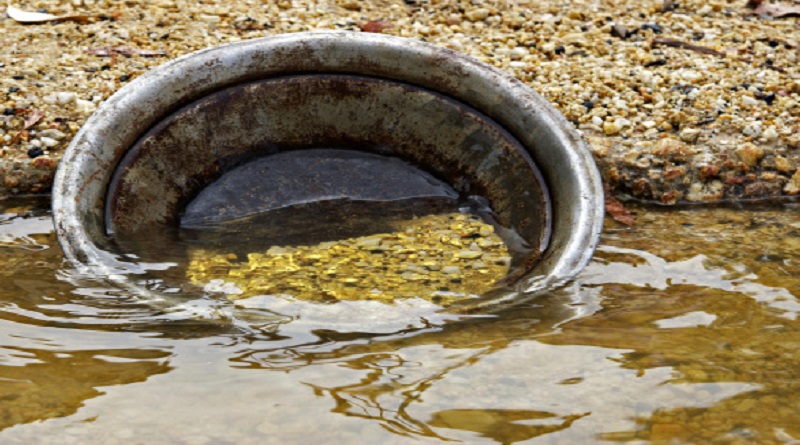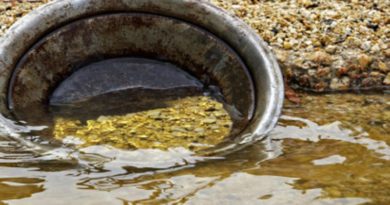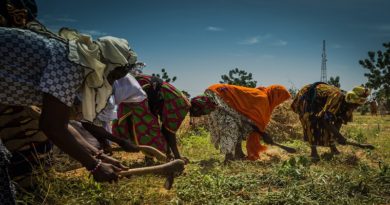Mercury: Burkina Faso, Colombia, Kenya, others to benefit from GEF GOLD initiative
To help artisanal gold miners eliminate the use of mercury in gold mining, and reduce harmful risks to their health and the environment, the Global Environment Facility (GEF) recently approved the Global Opportunities for Long-term Development (GOLD) in the Artisanal Small Gold Mining Sector program, as part of the GEF’s work in the Chemicals and Waste Focal Area.
Through the GOLD program, the GEF will provide funds in countries with a sizable gold mining sector, and where many artisanal miners still rely on mercury for gold extraction. GEF funding to the GOLD initiative amounts to $45.2 million, and is expected to attract co-financing of more than $135.1 million from government budget, international financing institutions, and private companies.
With these funds, governments can support artisanal and small-scale enterprises by creating policies and market incentives, and connecting them to international markets and supply chains that favor gold which uses less or no mercury in its extraction. The program will build strong partnerships with the private sector, including major jewelers, electronic manufacturers, and gold refiners.
The funds will be managed by four implementing agencies, which include the United Nations Environment Program, the United Nations Development Program, the United Nations Industrial Development Organization, and Conservation International to implement projects in Burkina Faso, Colombia, Guyana, Indonesia, Kenya, Peru, Mongolia and the Philippines.
The GOLD program is in line with the GEF’s role as financial mechanism of the Minamata Convention. In such capacity the GEF is helping countries to achieve the objectives agreed under the convention to address the effects and risks that mercury poses to human health and the environment. Among other things, the agreement aims to regulate and eliminate the use of mercury in artisanal mining.
Under the Convention, governments are required to craft national plans specific to artisanal and small-scale gold mining. These plans will include steps to help formalize or regulate the artisanal and small-scale gold mining sector, and form a baseline of mercury quantity use and practices. Also, part of the agreement is to formulate strategies for public health, manage trade of mercury, engage stakeholders in the development and implementation of the national action plan, and prevent the exposure of vulnerable populations such as children and women. Lessons learned from the program will be disseminated to other countries where artisanal and small-scale gold miners work.
Since ancient times gold has been the most valued metal and, in the recent financial turmoil, its value has soared as it has become the safest investment.
But getting a hold of gold is not easy. About 15 million of small artisanal miners around the world risk their lives every day, not just because they work in dangerous conditions, but also because they are constantly exposed to toxic chemicals.




